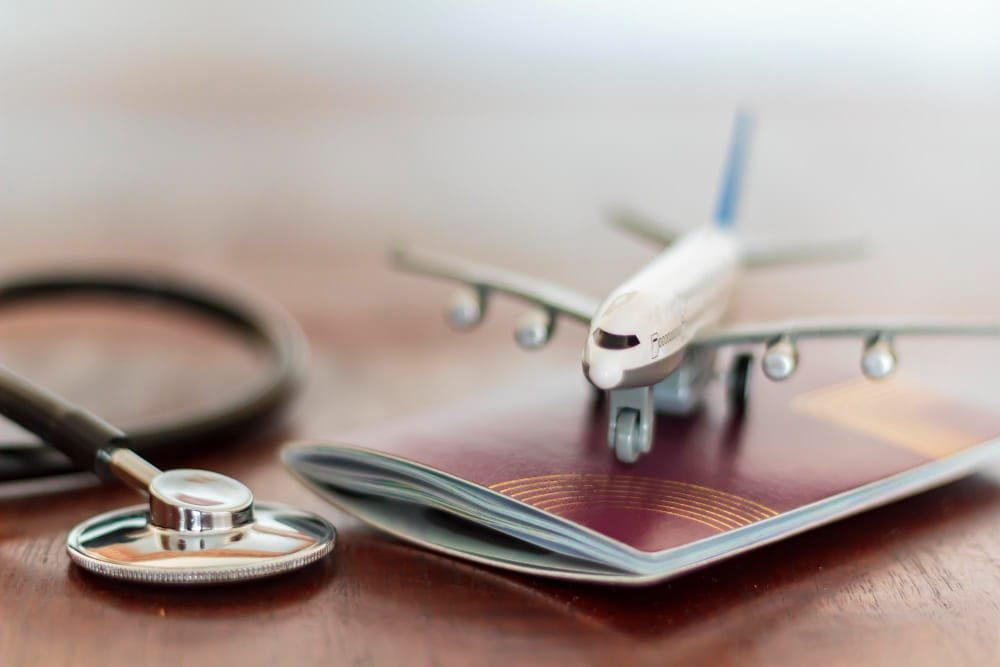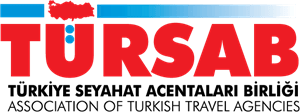Aesthetic Opearations
Rhinoplasty
- Aesthetic Enhancement
- Improved Breathing Function
- Boost to Self-Confidence
- Technological Advancements and Precision
More Services
Menu
- +90 542 749 74 35
- +90 542 749 74 35
- info@aresmedtravel.com
- Camikebir Mah. 97/9 Sok. C Blok No:12 İç Kapı: 1 Seferihisar/İzmir

What is Rhinoplasty?
Rhinoplasty, commonly known as a nose job, is a surgical procedure aimed at enhancing the appearance of the nose or improving its functionality. It can be performed for cosmetic reasons to achieve a more balanced and harmonious facial profile or for medical reasons to address issues such as breathing difficulties or congenital deformities. During the procedure, the surgeon can modify the size, shape, and structure of the nose to achieve the desired results.
Rhinoplasty is a highly personalized surgery, and the goals can vary from one patient to another. It involves careful consideration of facial aesthetics and functional aspects to create a nose that complements the individual’s features.
Who is a Candidate for Rhinoplasty?
Rhinoplasty candidates may include individuals who:
- Have aesthetic concerns about the size, shape, or symmetry of their nose.
- Experience breathing difficulties due to nasal structural issues.
- Suffer from nasal injuries or congenital deformities.
- Are in good overall health and have realistic expectations.
The decision to undergo rhinoplasty should be made after thorough consultation with a board-certified plastic surgeon or otolaryngologist. They will assess your nasal structure and discuss your goals to determine the most appropriate approach.
What are Rhinoplasty Complications?
Like any surgical procedure, rhinoplasty carries potential risks and complications, including:
- Infection at the surgical site.
- Scarring, although efforts are made to minimize visible scarring.
- Persistent swelling or bruising.
- Nasal congestion or breathing difficulties during the healing process.
- Undesired cosmetic outcomes.
- Anesthesia-related issues, although they are generally rare.
To reduce the risk of complications, it’s essential to select an experienced surgeon and adhere to post-operative care instructions.
What Must Be Done Before Rhinoplasty?
Before undergoing rhinoplasty, several essential steps should be taken:
- Consult with a qualified plastic surgeon or otolaryngologist to discuss your goals and assess your nasal structure.
- Discuss your medical history, including any prior nasal injuries or surgeries.
- Review the surgical plan, potential outcomes, and any concerns.
- Prepare for the recovery period, which may involve taking time off work and arranging for assistance during the initial days.
Preparing for rhinoplasty is crucial to ensure a successful procedure and recovery.
What Must Be Done After Rhinoplasty?
Post-operative care is vital for a successful rhinoplasty. Patients should:
- Follow the surgeon’s post-operative instructions, including wound care and activity restrictions.
- Attend scheduled follow-up appointments for assessment and potential adjustments.
- Manage discomfort and swelling as directed by the medical team.
- Be patient, as it can take several months for the final results to become apparent.
- Communicate any concerns or complications to the surgical team promptly.
Rhinoplasty can provide long-lasting results, but compliance with aftercare instructions is essential.
Why Choose Turkey for Rhinoplasty?
- Turkey has emerged as a popular destination for rhinoplasty for various compelling reasons:
- High-Quality Clinics: Turkey boasts state-of-the-art medical facilities with skilled plastic surgeons and otolaryngologists.
- Affordability: Rhinoplasty in Turkey is cost-effective, often more so than in Western countries, without sacrificing quality.
- Experienced Surgeons: Turkish surgeons are well-regarded for their expertise in rhinoplasty procedures.
- Short Waiting Times: Patients can expect minimal waiting times for surgery, allowing them to address their concerns promptly.
- Medical Tourism Support: Turkey has well-established medical tourism agencies like Ares Medtravel, offering comprehensive assistance to international patients.
- Cultural Attractions: Patients can enjoy Turkey’s rich culture, history, and scenic beauty while undergoing treatment.
- Recovery Locations: Turkey’s diverse landscapes provide ideal environments for post-operative rest and relaxation.
- Language Accessibility: Many healthcare providers in Turkey have English-speaking staff for easy communication.
Frequently Asked Questions
The cost of rhinoplasty in Turkey varies depending on factors such as the surgeon, clinic, and the specific procedure. However, it is generally more affordable compared to many Western countries, making it an attractive option for those considering nose surgery.
When selecting a surgeon, consider their experience, qualifications, and patient reviews. Ensure that the surgeon is board-certified and specializes in rhinoplasty procedures.
Like any surgical procedure, rhinoplasty has inherent risks, including infection, scarring, and anesthesia-related complications. Discuss these risks with your surgeon, and follow their recommendations to minimize them.
Yes, medical tourism in Turkey is generally safe due to the country’s high-quality healthcare facilities and experienced medical professionals. To ensure safety, choose a reputable medical tourism agency like Ares Medtravel, which can guide you through the process.
The recovery time varies from person to person but typically takes several weeks. Patients can often return to work within a few weeks and gradually resume their normal activities under their surgeon’s guidance.
Many medical facilities in Turkey have English-speaking staff, making it easier for international patients to communicate and receive the necessary care and information during their medical journey.
Following rhinoplasty, patients should follow their surgeon’s dietary and lifestyle recommendations. These typically include avoiding strenuous physical activity and refraining from wearing glasses that rest on the bridge of the nose during the initial healing period.
Yes, many patients choose to enjoy the cultural and scenic attractions of Turkey while undergoing rhinoplasty. Combining surgery with a vacation is a popular choice among medical tourists.

